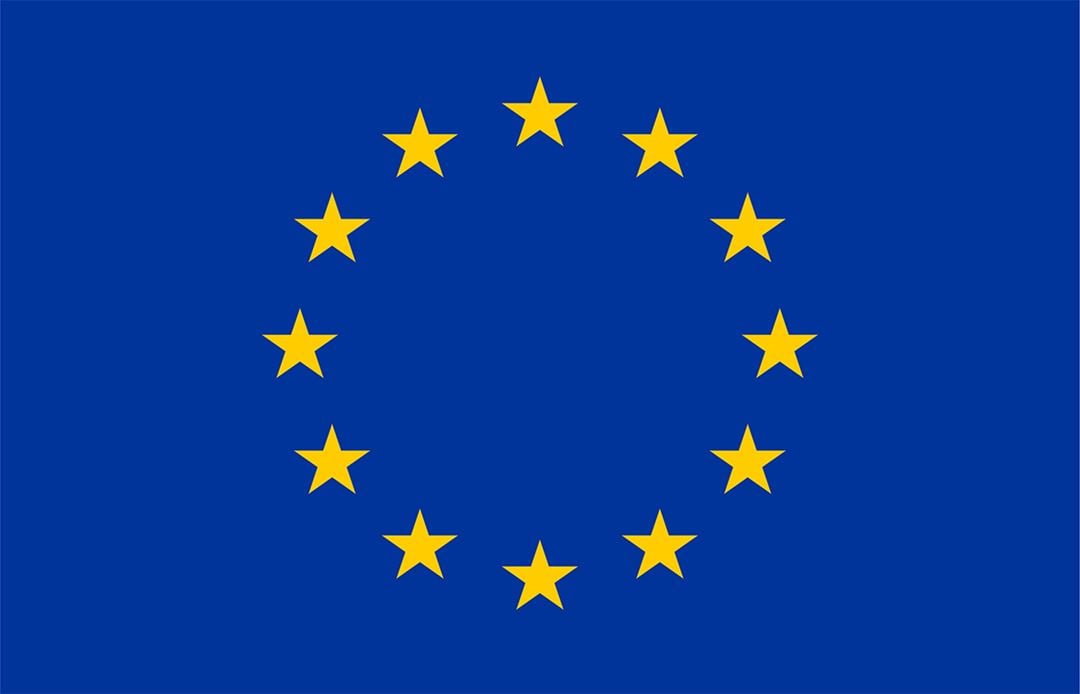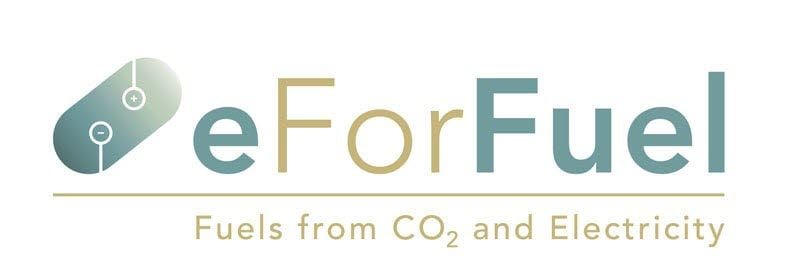We aim to tackle the shortcoming of previous technologies by using completely soluble formate as a mediator between electrical current and living cells. Within an integrated electrobioreactor, CO2 will be reduced to formate at a very high rate, and the formate will be consumed by an engineered E. coli to produce propane and isobutene, gaseous hydrocarbons that are easy to separate from the liquid broth. Both propane and isobutene can be further converted into a range of products, including excellent fuel substitutes (e.g., isooctane), using conventional chemical engineering methodologies.
Our approach comprises a truly interdisciplinary effort. Material scientists will design novel electrode compositions and structures, which will be used by electrochemists to optimize electrochemical formate production at high efficiency and current density. Metabolic engineers will adapt E. coli for growth on formate via two synthetic formate assimilation pathways, specifically designed to fit the metabolism of this model bacterium. Synthetic pathways for propane and isobutene biosynthesis will be implemented in the formatotrophic strains. Process engineers will construct a unique electrobioreactor to support simultaneous formate production and consumption. Experts in environmental assessment will analyze the benefits of the suggested technology, and the project vision and results will be disseminated to the scientific community and general public. The technology put forward in this proposal could have a transformative effect on the way we produce our chemicals and fuels.
SINTEF is a partner in the project.
Consortium:
- MAX-PLANCK-GESELLSCHAFT ZUR FORDERUNG DER WISSENSCHAFTEN EV, Germany (Coordinator)
- UNIVERSITAET STUTTGART, Germany
- UNIVERSIDAD DE ALICANTE, Spain
- SINTEF AS, Norway
- COMMISSARIAT A L ENERGIE ATOMIQUE ET AUX ENERGIES ALTERNATIVES, France
- WEIZMANN INSTITUTE OF SCIENCE, Israel
- IMPERIAL COLLEGE OF SCIENCE TECHNOLOGY AND MEDICINE, United Kingdom
- ALTAR, France
- GLOBAL BIOENERGIES, France
- C3 BIO-TECHNOLOGIES LIMITED, United Kingdom
- ARCELORMITTAL BELGIUM NV, Belgium
- IFEU - INSTITUT FUR ENERGIE UND UMWELTFORSCHUNG HEIDELBERG GMBH, Germany
- BIOFACTION KG, Austria
- IN SRL, Italy

This project has received funding from the European Union's Horizon 2020 research and innovation programme under grant agreement No 763911

